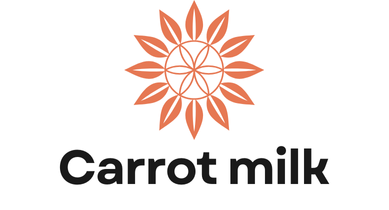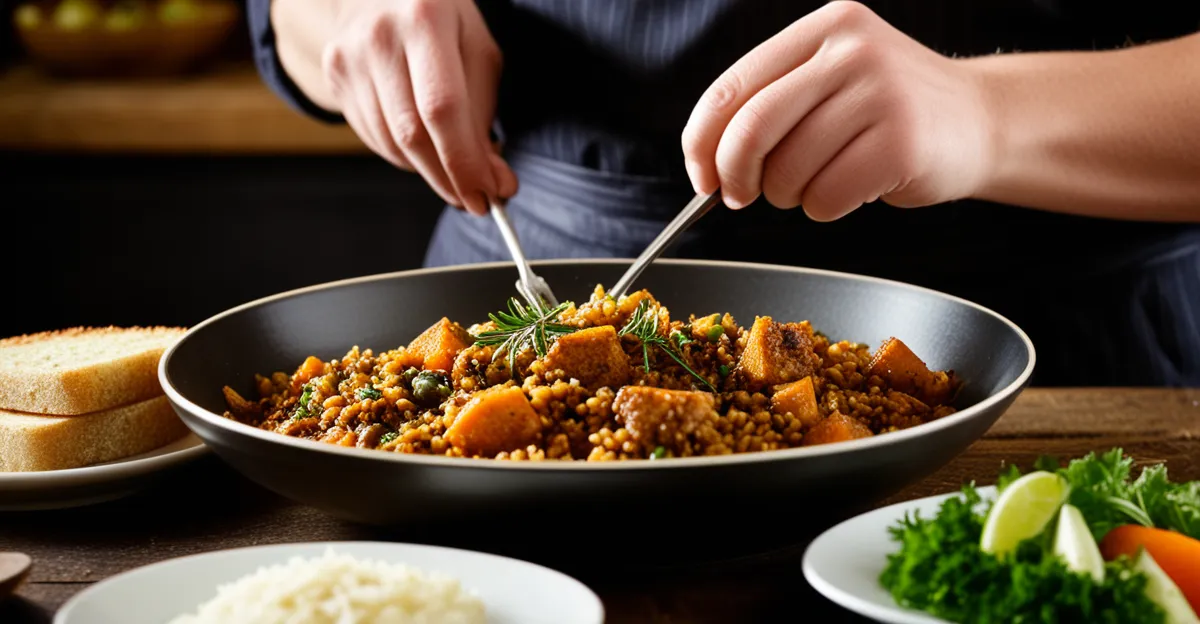Unhealthy Elements in Traditional UK Dishes
Traditional UK food health concerns often stem from the widespread use of saturated fats, salt, and sugar. Classic British recipes nutrition tends to be affected by these ingredients, raising concerns about cardiovascular health and weight gain. Many traditional recipes feature processed meats, such as sausages and bacon, which contain high levels of sodium and preservatives that can negatively impact health over time.
Moreover, there is a common reliance on starchy sides like mashed potatoes and white bread, which lack fiber and essential nutrients. These contribute to rapid blood sugar spikes and decreased satiety. Typical cooking methods also play a role in excess calorie consumption. For example, frying in lard or butter is prevalent, adding unnecessary saturated fat and calories.
Also to discover : What is the best way to make a hearty steak and kidney pie?
The combination of processed meats, starchy sides, and heavy use of salt, sugar, and fats makes many traditional UK dishes less than ideal for a balanced diet. By recognising these common unhealthy UK ingredients, cooks and diners can begin to consider modifications to improve the nutritional profile of classic British meals. Taking a closer look at these factors reveals clear opportunities to create healthier UK recipes without losing beloved flavours.
Healthier Ingredient Swaps for British Classics
Small changes in traditional UK food health concerns can dramatically improve the nutritional value of classic British recipes nutrition. One effective strategy is substituting leaner meats and plant-based proteins instead of the usual processed or fatty cuts. For example, using skinless chicken or turkey breast reduces saturated fat, while legumes like lentils offer fibre and protein without excess calories. These swaps address common unhealthy UK ingredients such as high-fat sausages and bacon.
Also to see : What makes a traditional Welsh rarebit so delicious?
Switching from white bread or refined grains to whole grains and fibre-rich vegetables boosts dietary fibre, stabilizing blood sugar and promoting gut health. Brown rice, whole-wheat flour, and oats are excellent alternatives that retain the hearty feel of traditional dishes. Incorporating vegetables like kale or carrots adds micronutrients often lacking in classic British meals.
Replacing butter, cream, or lard with healthier fats like olive oil or avocado oil lowers saturated fat content without sacrificing flavor. These healthy alternatives maintain the richness of traditional UK dishes healthier, such as in mashed potatoes or sauces, but with better heart-healthy profiles.
Overall, these ingredient swaps create balanced British meals that respect tradition yet tackle key health concerns, delivering satisfying, nutritious meals that help reduce risks associated with excess saturated fats, salt, and sugar.
Lighter Cooking Methods for British Favourites
Adopting healthy UK cooking techniques plays a crucial role in making traditional dishes healthier. Baking, grilling, and air-frying offer excellent alternative cooking methods that significantly reduce fat compared to deep-frying, a common practice in classic British recipes nutrition. For example, air-frying fish instead of frying it in oil cuts fat content while preserving crispiness and flavour.
Steaming and poaching vegetables or proteins instead of boiling them in butter or lard helps retain nutrients and lowers calorie intake. These steps address traditional UK food health concerns by limiting saturated fats absorbed during cooking.
Additionally, enhancing food with herbs, spices, and citrus zest boosts flavour without relying on excess salt or sugar often found in common unhealthy UK ingredients. Rosemary, thyme, garlic, and lemon provide fresh, aromatic notes that complement British classics while supporting reduced sodium intake.
Incorporating these lighter cooking methods can transform traditional UK dishes healthier without sacrificing their beloved taste or texture. This approach empowers home cooks to enjoy classic meals with the benefits of reduced unhealthy fats and improved nutrition.
Reducing Fats, Sugars, and Salt in UK Dishes
Addressing traditional UK food health concerns often starts with strategies to reduce sugar, salt, and fat. These elements significantly contribute to negative impacts in classic British recipes nutrition, especially since common unhealthy UK ingredients frequently include added salt, refined sugars, and saturated fats.
To create lower fat British recipes, it is essential to adjust recipes by cutting down oil quantities or substituting with healthier fat sources. Likewise, reducing sugar can be done by using natural sweeteners like fruit purees or slightly less refined sugars, which maintain taste without spiking calories excessively. Less salt can be balanced by increasing herbs, spices, and umami-rich ingredients like tomatoes or mushrooms, enhancing flavour naturally.
Careful reading of ingredient labels helps identify hidden sugars and excess sodium in processed foods, encouraging homemade versions of key components. These actions support healthier British cuisine tips by making meals less calorie-dense and more heart-friendly.
Together, these adjustments in fat, sugar, and salt work to transform traditional UK dishes into well-rounded, enjoyable meals with improved health profiles—addressing major concerns embedded in the classic British recipes nutrition landscape while preserving the comfort beloved in these foods.










